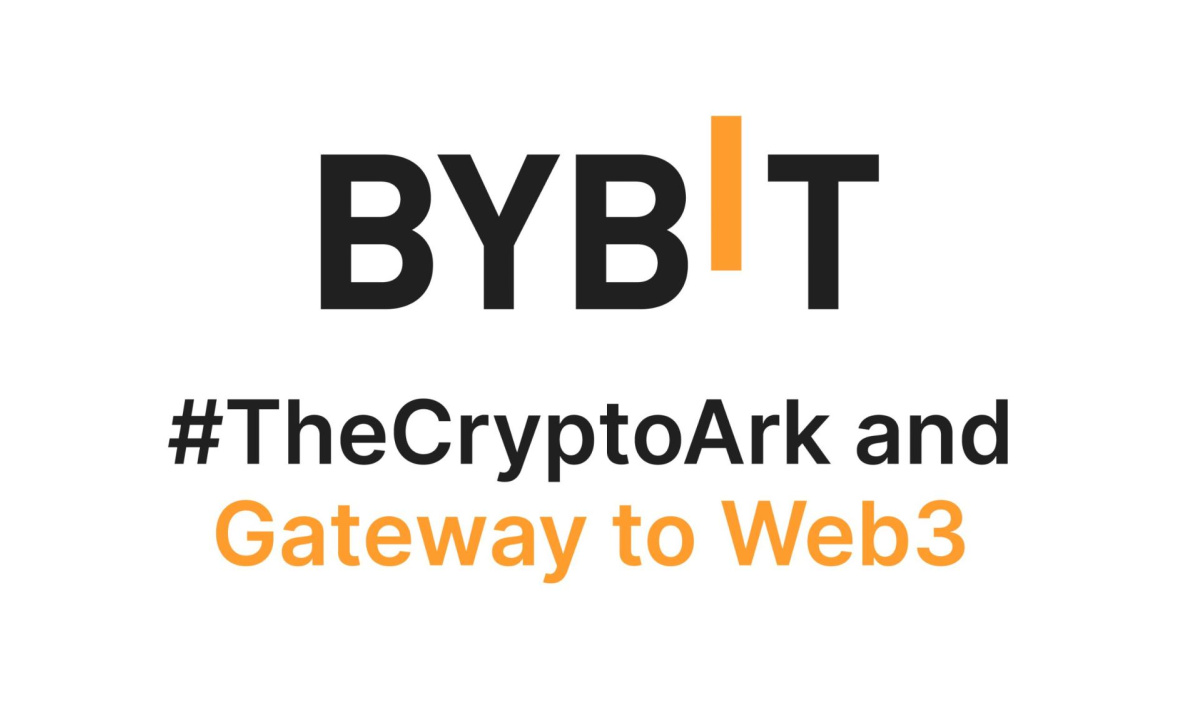ARTICLE AD
Grayscale's Bitcoin Mini Trust has experienced its first outflows but has still attracted significant investment.

Key Takeaways
Grayscale's spot Bitcoin ETF records drastic drop in holdings. BlackRock's iShares Bitcoin Trust now leads the Bitcoin ETF market. <?xml encoding="UTF-8"?>Grayscale, the second-largest crypto asset manager, has seen over 60% of its Bitcoin holdings in its Grayscale Bitcoin Trust (GBTC) slashed since the fund was converted into an exchange-traded fund (ETF), according to data from Coinglass.
Back in January, when Grayscale converted its Bitcoin Trust to an ETF, GBTC held nearly 620,000 Bitcoin (BTC). As of April 28, that number had dropped to approximately 227,400 BTC, valued at around $13.3 billion at current prices.
Ongoing outflows from the Grayscale Bitcoin Trust continued into January post-ETF conversion, attributed to high management fees and competitive pressures from other funds like BlackRock’s IBIT and Fidelity’s FBTC.
The fund, once the largest Bitcoin ETF, has been surpassed by BlackRock’s iShares Bitcoin Trust, which claimed the top spot just five months after its launch.
So far this week, investors have poured over $220 million into IBIT, data from Farside Investors shows.
Having seen net inflows almost daily since its debut, IBIT has maintained its dominance in the Bitcoin ETF market, holding approximately 358,000 BTC, valued at around $22 billion.
Observers have speculated about when GBTC’s Bitcoin bleeding will end. Data from Farside Investors shows that GBTC outflows have begun to subside since earlier this month. The ETF ended Wednesday’s trading session with a net outflow of $8 million, its lowest withdrawal since mid-July.
Grayscale’s Bitcoin Mini Trust sees first outflows
As updated by Farside Investors, Grayscale’s Bitcoin Mini Trust (BTC), the low-cost version of GBTC, experienced its first outflows on August 28, with investors withdrawing over $8 million.
Despite this, BTC has still attracted nearly $350 million in net capital since its launch in late July, narrowing the gap with competing funds managed by Invesco and Franklin Templeton.
Disclaimer
 3 months ago
31
3 months ago
31 




